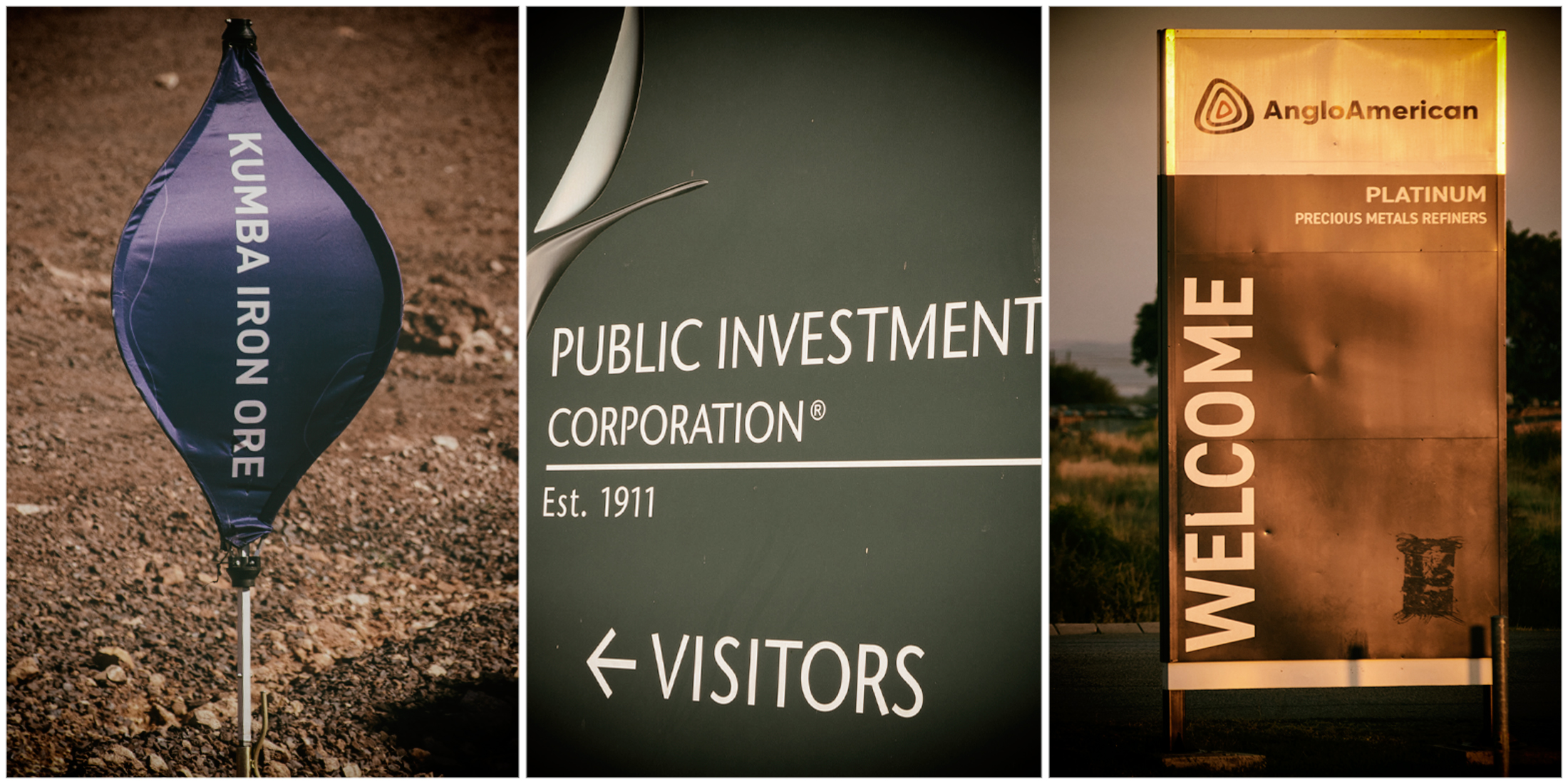One reason we know a bid for Anglo was very likely part of the discussion is that the Financial Times reported that BHP chief development officer Catherine Raw, who is in charge of M&A for the company and who was part of the previous bid, was a member of the company’s delegation.
And the other reason to suspect that BHP might be considering having another go is the relative share price of the two companies since the initial offer. This is a bit complicated because BHP’s previous bid was predicated on the prior unbundling of Amplats and Kumba. Anglo then partly adopted that idea and the unbundling of Amplats is now expected to happen by the end of the year.
Overall, since the bid was made, the share prices of BHP and Amplats have been more or less static, but Anglo’s share price has declined about 14%, which means that, notionally, BHP could remake its bid at more or less the same price as before and argue they would be making Anglo shareholders whole again. But would that be enough?
Just after the bid, Anglo’s headache would have been Amplats, which has essentially been in long-term decline because platinum is less vital in the construction of electric vehicles. But the changeover to EVs is taking longer and is more complicated, inevitably, than initially expected. That’s been good news, temporarily at least, for Amplats.
Somewhat surprisingly, Anglo’s problem is not Amplats but Kumba, which it intends to keep contrary to BHP’s proposal during the bid process. Kumba’s share price is down 27% since the bid was made, which has had the effect of pulling down Anglo’s share price. Anglo’s other problem is De Beers, which is caught up in Botswana’s politics. The sales and mining licence joint agreement between De Beers and the Botswana government has been historically one of the most celebrated win-win agreements in the history of mining. But the diamond industry is now a very changed entity, and lab-grown diamonds have gone from 5% of the US retail market to around 45% of the market in around five years. I am not making this up.

The result is that although the Botswana government and De Beers announced an “agreement in principle” for a new decade-long sales agreement and a 25-year extension to the mining licences last year, they have not yet finalised that agreement. You can sense in the background that there is a lot of teeth gnashing going on. Earlier this year, President Mokgweetsi Masisi announced at a political rally before his ruling Botswana Democratic Party (BDP) supporters that he was “shaking a giant” - a really marked difference in atmosphere surrounding the agreement which has shaped Botswana’s amazing economic success story. The elections take place at the end of the month and Masisi is likely to win, but speculatively with a lower majority.
More recently, Debswana sales for the first half of the year got hammered, with diamonds worth $1.29-billion sold compared with $2.54-billion registered in the same period last year. One presumes the change in the sales profile and the industry means one of problems in inking the deal is that the valuation of Debswana is declining overall. It seems both sides have decided to hold off on completing the deal until after the election.
So, taking into account these events, it’s possible to see BHP’s logic: the Botswana government might like to take the opportunity to increase its stake in Debswana by negotiating with people across the table who really don’t want the asset - never a terrible negotiating position. And given Kumba’s share price decline, Anglo shareholders might not be so supportive of Anglo’s decision to hold on to its stake. The relative share price movement of the companies now favours BHP. And, this time, the company has taken the trouble to square things with government and the PIC - a notable oversight in its previous effort. Finally, the prize remains - Anglo’s South American copper assets, the metal on which BHP is openly pinning its future growth.
There is one other possibility that would worry BHP: a rival bid from Glencore. Glencore has plenty of its own problems, but one way for the company to restructure would be to split out the mining assets from the trading house (which honestly shouldn’t be listed), then split out the coal assets and simultaneously merge the mining house with Anglo. I’m willing to bet a gazillion rands that a string of merchant bankers have been plotting along these lines and others with the Glencore board.
The board, by the way, includes former Reserve Bank governor Gill Marcus, who one presumes could square things with the SA government, and former Anglo CEO Cynthia Carroll, who might relish the irony of being party to a takeover of the company she once ran. Then again, she might be repelled by the idea, who knows? But whatever the case, it would result in the world’s largest copper producer, so in that sense it would be a pretty elegant solution. And a threat to BHP’s plans.
It’s often hard to understand the logic behind mergers and acquisitions; they are so bound up in ambition and often hubris. Would Henry want this deal, this particular deal, to be his legacy? Hard to know.
Mining CEOs now know that to keep shareholders on-side, they have to repeat the word ‘discipline' ad nauseam. But a new bid must also be very tempting. DM
This article is more than a year old
Business Maverick
After the Bell: Is BHP preparing a second bid for Anglo American?
It leaked out last week that BHP CEO Mike Henry had visited SA recently and had met with government officials and the Public Investment Corporation (PIC). While the contents of the discussions were obviously not revealed, it seems pretty obvious that BHP would be sounding out the government on making a fresh bid for Anglo. Will it succeed this time?





